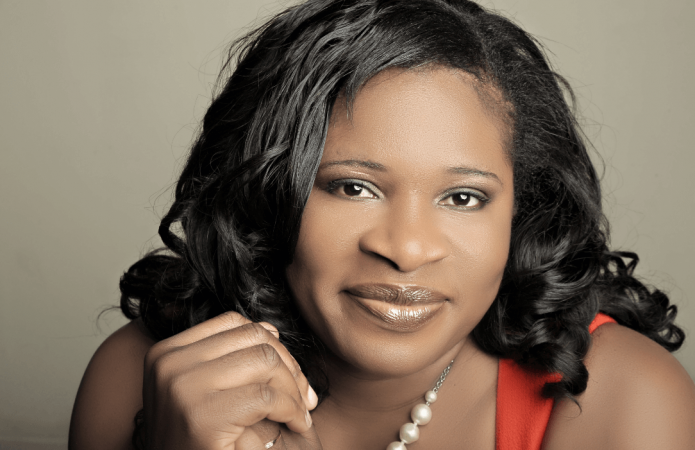
Meet the Therapist: Frankie Mgbadike
Frankie Mgbadike is a counsellor in East London and online
What attracted you to become a therapist?
I spent 20 years of my working life building a career in social care and had the opportunity of meeting and working with individuals from a wide range of backgrounds.
I wanted to further my insight into the various challenges individuals face and the impact of present and past trauma.
I wanted to help people at a deeper level, create awareness and understanding and find ways to navigate through.
I am motivated to offer a safe, non-judgemental space for people to talk, explore and reflect on their experiences. I also ensure my approach is culturally sensitive therapy through an intersectional lens.
Where did you train?
I trained, and still training, at the Metanoia Institute, London.
Can you tell us about the type of therapy you practise?
I practice Transactional Analysis (TA). I enjoy TA because it is wholistic and often referred to as an integrative psychotherapy because it incorporates elements of other types of therapy, including psychodynamic psychotherapy, humanistic psychotherapy, integrative psychotherapy, and psychoanalytical psychotherapy.
One phrase to describe TA is ‘contract therapy’: the therapy work is done on the basis of mutuality between therapist and client and agreed upon contracts to achieve specific goals. The success of therapy is connected to the contract between client and therapist and to how purposeful their working relationship is.
For my client, therapy is a space that nurtures greater autonomy and mutuality in the relationship. It's an opportunity to co-create the therapeutic process.
We explore communication and thus therapy can help people to improve their communication skills and increase their ability to connect with others. TA can be particularly beneficial for people struggling with social anxiety or forming relationships.
TA enables a client to understand their internal processes, to understand why their script developed the way it did and to use present day, adult thinking, to reality test their capacity to change and challenge their outdated thing and able to make new ones.
How does TA help with symptoms of anxiety and depression?
Unprocessed feelings usually manifest in anxiety and or depression. These will also resurface at key moments in life, such as new relationships, crisis, having children, etc.
TA offers a dynamic and fresh approach to counselling; at its heart is the belief that we all can think for ourselves and that we are all OK (in the non-judgemental form).
Depression is a key issue and is often described as a passive behaviour – it is a key defence mechanism against the issues we face. Finding ways to understand the unconscious process we are avoiding will help throw up options of how to think, feel and behave differently in order to progress healing.
What sort of people do you usually see?
I work with adults, groups, couples, and young adults.
Have you noticed any recent mental health trends or wider changes in attitude?
The impact of trauma has become more pronounced in our society today (post Covid-19 pandemic).
I also consider domestic violence a new pandemic in our society, which is having impact on families (both old and younger generation).
What do you like about being a therapist?
Providing a safe space where judgement does not exist. My attention, compassion, and empathy is fully present, and it all breeds hope and self-rediscovery for the person who needs it.
What is less pleasant?
It can be difficult when some clients do not have the capacity to go through the process due to some sort of breakdown. But ensuring that right steps are followed to safeguard is always crucial.
How long have you been with Welldoing and what you think of us?
I am very new to Welldoing. I am looking forward to the opportunity to reach out to more client through it.
Do you ever suggest books or apps to clients?
I have suggested books like Games People Play by Eric Berne and I’m OK, You’re OK by Thomas Harris.
What you do for your own mental health?
I have weekly personal therapy and regular supervision to ensure that my own mental health is in check and that I’m working safely with my clients.
I do regular walks and proper exercise at least three times a week.
You are a counsellor in East London. What can you share with us about seeing clients in this area?
I am a therapist in London, a multicultural city where I have the opportunity to meet and work with people from various ethnicities. This is great opportunity to get to know other people’s culture.
What do you wish people knew about therapy?
I wish they all knew that they are their own primary care providers. They are beautiful and loveable as they are. They deserved to be loved as they are.
What did you learn about yourself in therapy?
I am learning to embrace my vulnerability and gain strength from it.










